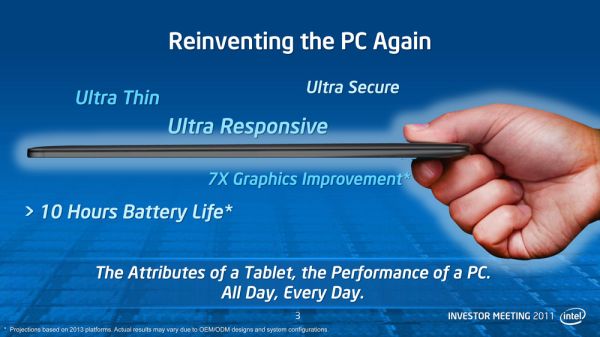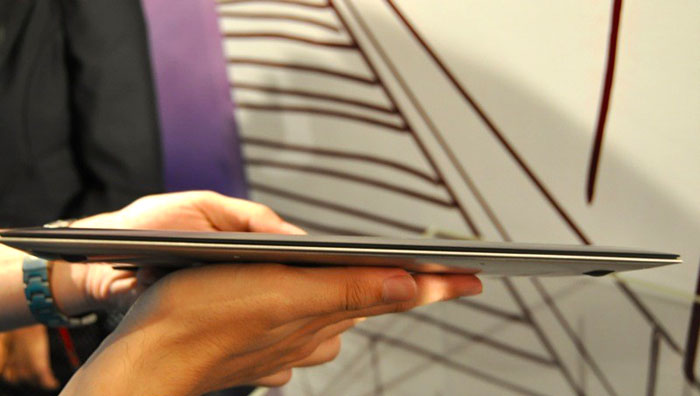The War on Afghanistan is a Profit driven "Resource War".
The 2001 bombing and invasion of Afghanistan has been presented to World public opinion as a "Just War", a war directed against the Taliban and Al Qaeda, a war to eliminate "Islamic terrorism" and instate Western style democracy.
The economic dimensions of the "Global War on Terrorism" (GWOT) are rarely mentioned. The post 9/11 "counter-terrorism campaign" has served to obfuscate the real objectives of the US-NATO war.
The war on Afghanistan is part of a profit driven agenda: a war of economic conquest and plunder, "a resource war".
While Afghanistan is acknowledged as a strategic hub in Central Asia, bordering on the former Soviet Union, China and Iran, at the crossroads of pipeline routes and major oil and gas reserves, its huge mineral wealth as well as its untapped natural gas reserves have remained, until June 2010, totally unknown to the American public.
According to a joint report by the Pentagon, the US Geological Survey (USGS) and USAID, Afghanistan is now said to possess "previously unknown" and untapped mineral reserves, estimated authoritatively to be of the order of one trillion dollars (New York Times, U.S. Identifies Vast Mineral Riches in Afghanistan - NYTimes.com, June 14, 2010, See also BBC, 14 June 2010).
"The previously unknown deposits — including huge veins of iron, copper, cobalt, gold and critical industrial metals like lithium — are so big and include so many minerals that are essential to modern industry that Afghanistan could eventually be transformed into one of the most important mining centers in the world, the United States officials believe.
An internal Pentagon memo, for example, states that Afghanistan could become the “Saudi Arabia of lithium,” a key raw material in the manufacture of batteries for laptops and BlackBerrys.
The vast scale of Afghanistan’s mineral wealth was discovered by a small team of Pentagon officials and American geologists. The Afghan government and President Hamid Karzai were recently briefed, American officials said.
While it could take many years to develop a mining industry, the potential is so great that officials and executives in the industry believe it could attract heavy investment even before mines are profitable, providing the possibility of jobs that could distract from generations of war.
“There is stunning potential here,” Gen. David H. Petraeus, commander of the United States Central Command, said... “There are a lot of ifs, of course, but I think potentially it is hugely significant.”
The value of the newly discovered mineral deposits dwarfs the size of Afghanistan’s existing war-bedraggled economy, which is based largely on opium production and narcotics trafficking as well as aid from the United States and other industrialized countries. Afghanistan’s gross domestic product is only about $12 billion.
“This will become the backbone of the Afghan economy,” said Jalil Jumriany, an adviser to the Afghan minister of mines. (New York Times, op. cit.)
Afghanistan could become, according to The New York Times "the Saudi Arabia of lithium". "Lithium is an increasingly vital resource, used in batteries for everything from mobile phones to laptops and key to the future of the electric car." At present Chile, Australia, China and Argentina are the main suppliers of lithium to the world market. Bolivia and Chile are the countries with the largest known reserves of lithium. "The Pentagon has been conducting ground surveys in western Afghanistan. "Pentagon officials said that their initial analysis at one location in Ghazni province showed the potential for lithium deposits as large as those of Bolivia" (U.S. Identifies Vast Mineral Riches in Afghanistan - NYTimes.com, June 14, 2010, see also Lithium - Wikipedia)












0 comments:
Post a Comment